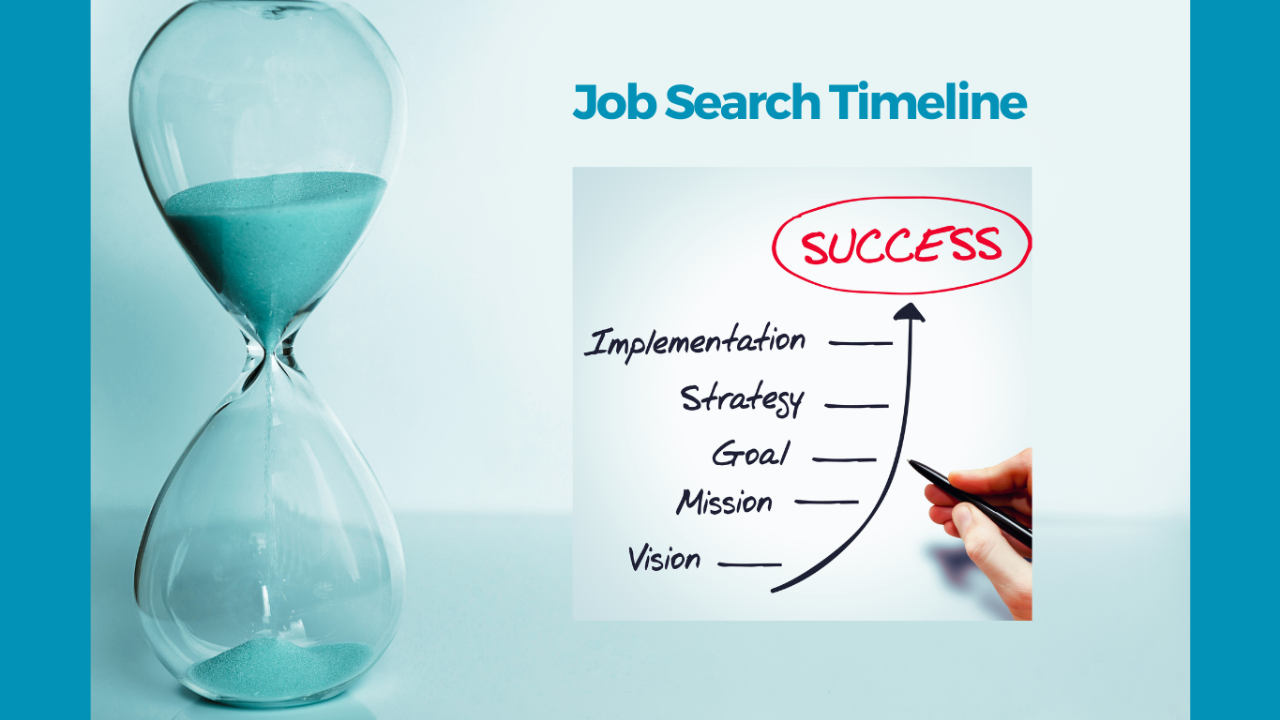A Step-by-Step Job Search Timeline for College Seniors in 2025
Mar 07, 2025
Feeling that pre-graduation anxiety about finding your first "real" job? You’re not alone. As graduation approaches, many students wonder when they should start applying for jobs and what steps they need to take. The truth is, starting your job search early is not just a good idea—it’s essential for success. Here’s how to approach your senior year strategically, from resume polishing to acing interviews, without feeling overwhelmed.
When Should You Start Your Job Search?
The answer is simple: start earlier than you think. Many students wait until spring to begin their job search, but the ideal time to start is the fall semester of your senior year. This early start gives you time to research companies, prepare your application materials, and get comfortable with networking—all without the last-minute rush.
Fall Semester: Focus on building a strong foundation. Update your resume, polish your LinkedIn profile, and start researching companies where you’d love to work. Attend career fairs, even virtual ones, to get your name out there.
Winter Break: Use this time to ramp up your networking efforts. Reach out to alums, start applying for positions, and practice your interview skills. This is also a great time to build your professional wardrobe—first impressions matter!
Spring Semester: Now is the time to finalize applications, attend industry conferences, and follow up on opportunities. As offers come in, compare them carefully and prepare for a smooth transition after graduation.
Why Starting Early Puts You Ahead
Beginning your job search early offers several advantages:
- On-Campus Recruiting: Many companies hire early, especially through university career fairs.
- Research Opportunities: You’ll have more time to learn about companies and roles, making your applications stronger.
- Practice Makes Perfect: You can improve your interview skills over time, leading to more confidence when it counts.
- Reduced Stress: Instead of cramming job search activities into your final semester, you can spread them out and focus on finishing your degree.
When you start early, you also allow room for unexpected opportunities such as internships, certifications, or short-term projects that can make your resume even more impressive.
How to Develop a Job Search Strategy
Instead of just applying to every job you find, take a strategic approach:
Self-Assessment: Identify your career goals, preferred industries, and the type of company culture where you thrive. This clarity helps you target the right roles.
Research Your Market: Stay updated on industry trends, typical entry-level salaries, and in-demand skills. This knowledge will also help in salary negotiations down the line.
Craft Your Application Package: Your resume, cover letter, and portfolio should tell a cohesive story about your skills and ambitions. Tailor each application to the specific job to increase your chances of getting noticed.
Network, Network, Network: Connect with alums, attend professional events, and engage on platforms like LinkedIn. The more connections you build, the more likely you will hear about opportunities before they are widely advertised.
Common Challenges and How to Overcome Them
Many graduates face obstacles during their job search, but with the right approach, you can turn these challenges into opportunities:
Not Enough Experience: Focus on the experience you do have. Highlight internships, class projects, leadership roles, and volunteer work. Demonstrate how these experiences have equipped you with transferable skills.
High Competition: Instead of competing broadly, find your niche. Develop specific skills that make you stand out, and consider gaining certifications that can add credibility to your resume.
Uncertainty About Career Path: If you are unsure about what you want, take time for self-reflection. Informational interviews in different fields can provide valuable insights. Consider internships or freelance work to explore other roles.
If Your First Plan Doesn’t Work Out
Not landing a job before graduation is not the end of the world. Most successful people take a winding road to reach their dream jobs.
That winding road may be:
- Internships: These can bridge the gap between graduation and full-time employment.
- Contract or Freelance Work: Gain experience and income while continuing your search.
- Further Education: Certifications or short courses can boost your qualifications.
- Volunteering: Build skills and network in your desired industry.
Take Action Now for a Successful Job Search
Every step you take today brings you closer to the right job. Here are some actions you can take this week:
- Update your LinkedIn profile with recent achievements and professional photos.
- Fine-tune your resume to match your ideal job descriptions.
- Research companies and start following them on social media.
- Reach out to alums or professionals for informational interviews.
- Apply to at least three roles that match your career goals.
Prepare Early and Stay Persistent
Your job search is not just a task to check off your list—it is a crucial investment in your future. When you start early, set goals, and stay focused along with consistent effort, success is inevitable.
The key takeaway? Treat your job search like a class project. Put in the time, do the research, and practice your skills. Every application, interview, and networking event is a stepping stone towards your career goals. Start now, stay focused, and know that consistency and preparation will set you apart in a competitive job market.
Ready to kickstart your career? Follow this job search timeline for college seniors and get ahead of the competition. Start preparing today for a successful future!
Don't miss out on expert job search tips and strategies! Join our newsletter today and get insider advice delivered straight to your inbox. Your dream job is closer than you think!
